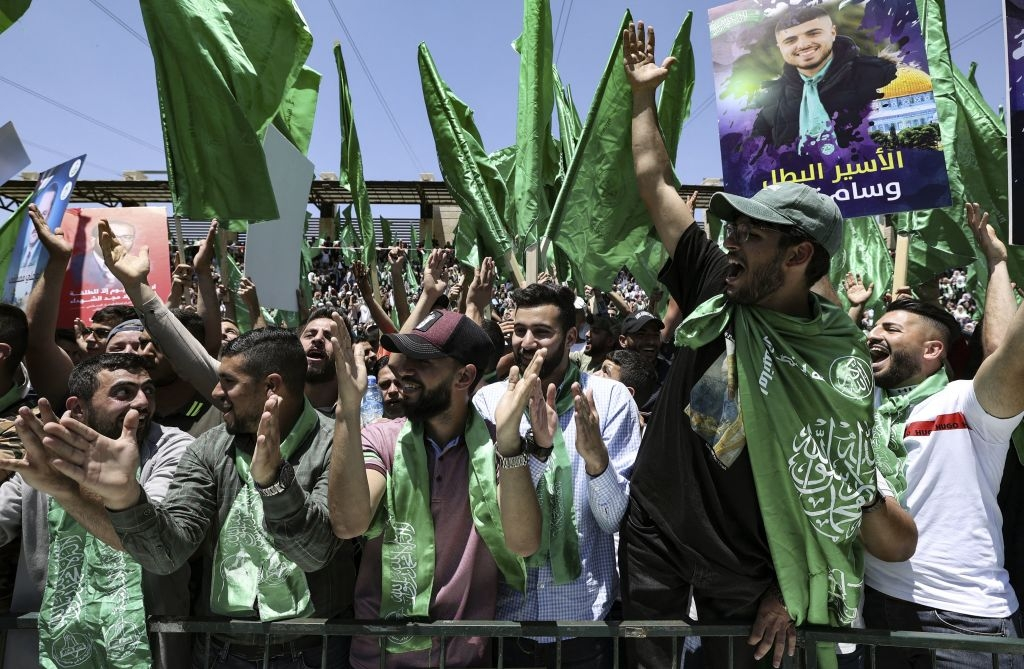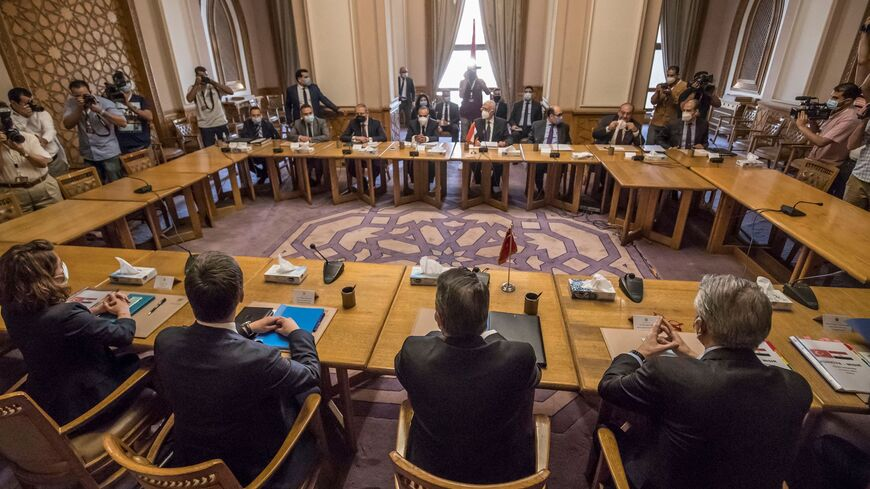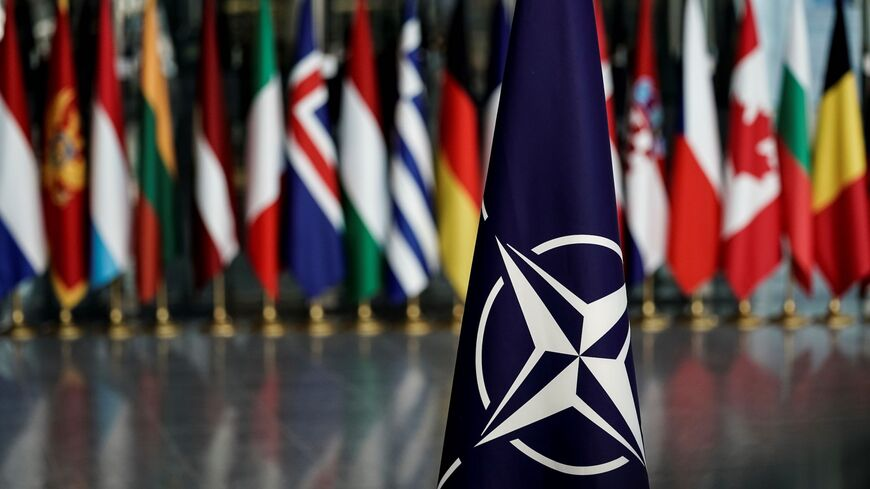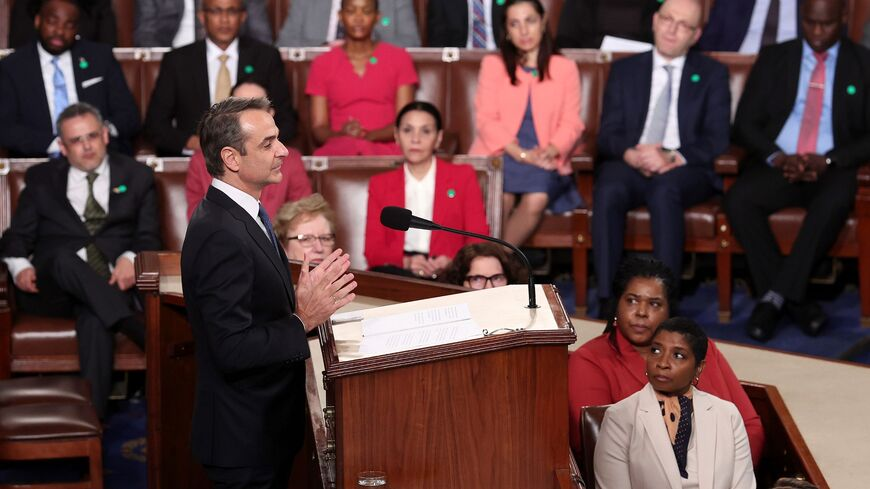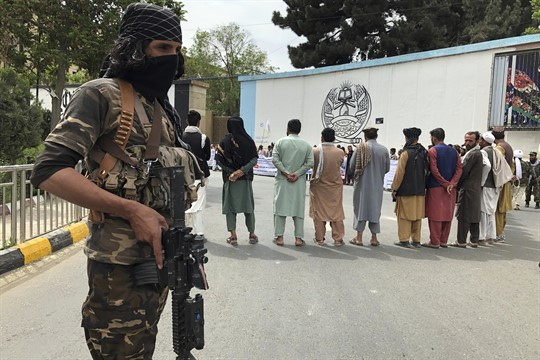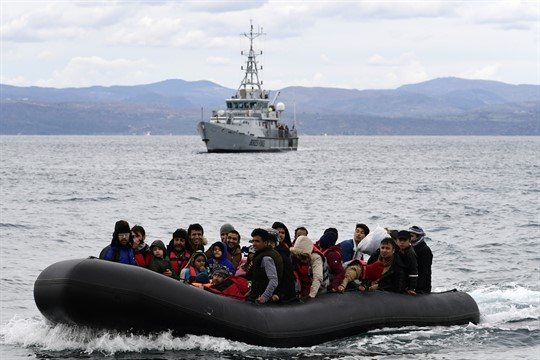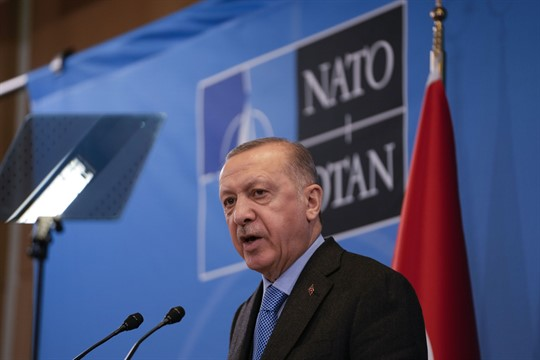Putin Against History

How His War Has Erased Russia’s Past—And Endangered Its Future
If a Ukrainian grandmother with pro-Russian views did not exist, it would be necessary to invent her—or at least that is what the Russian government decided in April. At the time, Anna Ivanova inhabited a village near Kharkiv. One day, mistaking a group of arriving Ukrainian soldiers for Russians, she took out an old Soviet flag and waved it vigorously at them to remind them of their shared past and try to deter them from destroying the village. Instead, the Ukrainian forces, outraged at the sight of the hammer-and-sickle, took the flag from her and trampled it.


